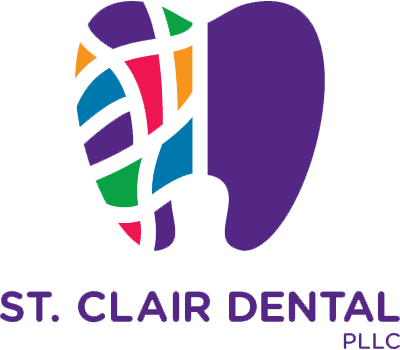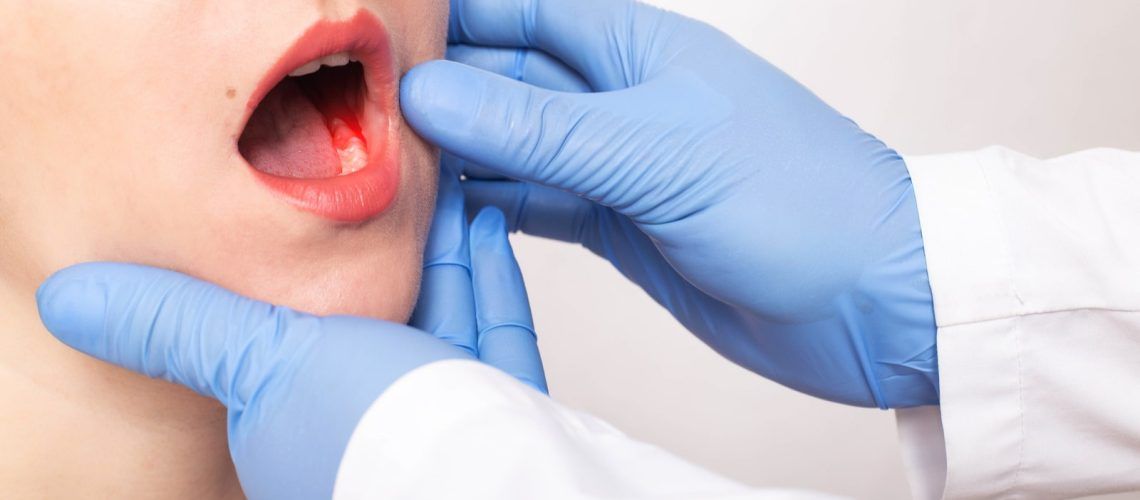For most people, orofacial pain is a common, everyday experience, and most go through it without treatment. Many people don’t know what causes their orofacial pain and often go through it without understanding what causes it. Some people, in particular, may face a condition called trigeminal neuralgia, an orofacial condition that causes severe, electrically shocking pain. It’s considered one of the most painful oral conditions known today and challenging to treat. However, it’s essential to know that orofacial pain can be treated, and through working with your local oral surgeons, they can provide oral surgery options to help treat it and give you pain relief.
How Does Oral Surgery Provide Relief From Trigeminal Neuralgia and Orofacial Pain
Orofacial pain can be dull and throbbing, sharp and stabbing, burning and lingering, or a combination of those symptoms. Some people face compounded symptoms such as headaches, jaw clicking, and muscle soreness alongside their orofacial pain. Orofacial pain may be caused by a variety of conditions, including:
- Bruxism or Teeth Grinding: Bruxism and teeth grinding can cause orofacial pain due to the gradual decline of their protective enamel.
- Missing Teeth: Some people with missing teeth may have accompanying orofacial pain due to the impact that a missing tooth has on tooth alignment and tooth decay.
- Tooth Misalignment: Misalignments with a person’s smile, especially if caused by wisdom teeth or impacted teeth, can also lead to orofacial pain due to the tension created by gradual tooth movement.
- Temporomandibular Joint Disorder: TMJ disorder is a condition that causes muscle and nerve pain along the jawline and can be caused by oral health problems and jaw bone loss.
- Facial Trauma to the Face, Neck, and Jaw: Any signs of facial damage from a traumatic accident can have long-lasting effects on the person’s oral health, muscles, and nerves, contributing to orofacial pain.
Some people face a condition called trigeminal neuralgia, an orofacial condition that’s caused by the malfunction of the fifth cranial nerve. Depending on the location of that nerve damage, shocking electric pain can occur along the teeth, gums, jawline, cheeks, side nose, and forehead. As an excruciating condition, it can occur at random intervals and be challenging to treat, depending on what causes it.
However, many oral surgeons can provide effective oral surgery treatments to help treat orofacial conditions. Some of these surgical treatment options include:
- Arthrocentesis: Through arthrocentesis, your oral surgeon flushes out the temporomandibular joint to relieve the jaw from orofacial pain.
- Facial Fracture Surgery: For patients who have suffered from traumatic accidents, fracture surgery can help relieve any orofacial pain they experience and help reconstruct the face.
- Orthognathic Surgery: Orthognathic surgery works to correct problems with the bite to relieve orofacial pain caused by misalignments.
- Arthroscopy: During arthroscopy, your oral surgeon removes excess joint tissues to realign the jaw and relieve orofacial pain.
- Arthroplasty: Arthroplasty works to correct structural problems in the jawline through resurfacing techniques.
- Tooth Extractions: In many cases, orofacial pain can be caused by an affected tooth, and tooth extractions can help remove the problematic tooth and relieve orofacial pain.
Learn About Oral Surgery Methods From St. Clair Dental PLLC
As dentists who care about their patients throughout our community, Dr. Maureen Karl and her team work to provide comprehensive dental care in Granbury, TX, through affordable dental care treatment plans. For more information about whether or not to get oral surgery for orofacial pain, speak to our dentists today by calling (817) 910-2880.

